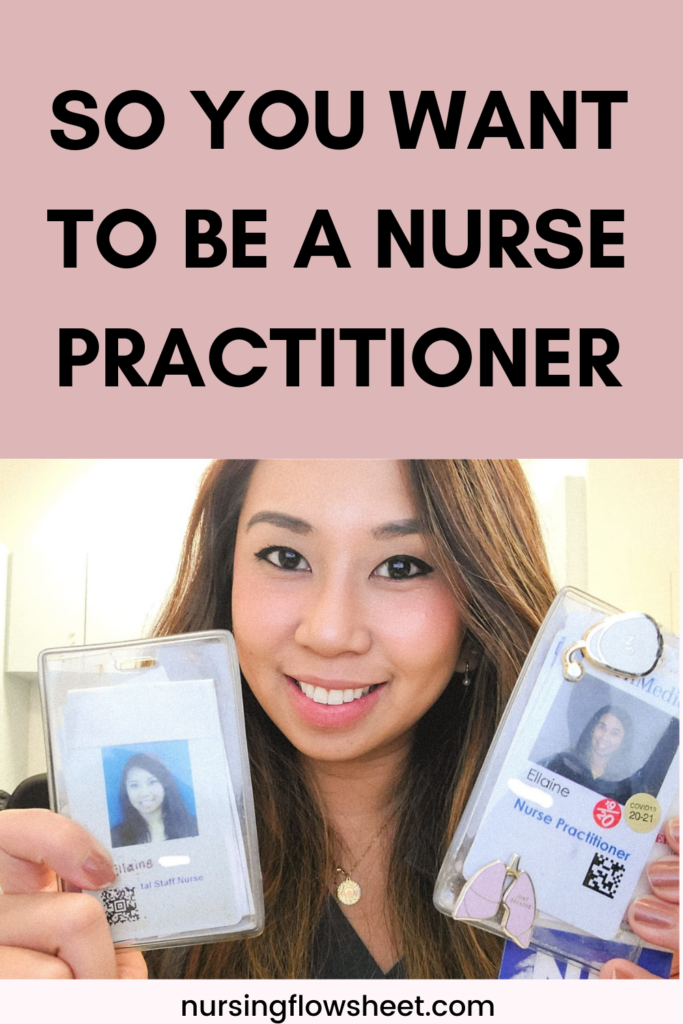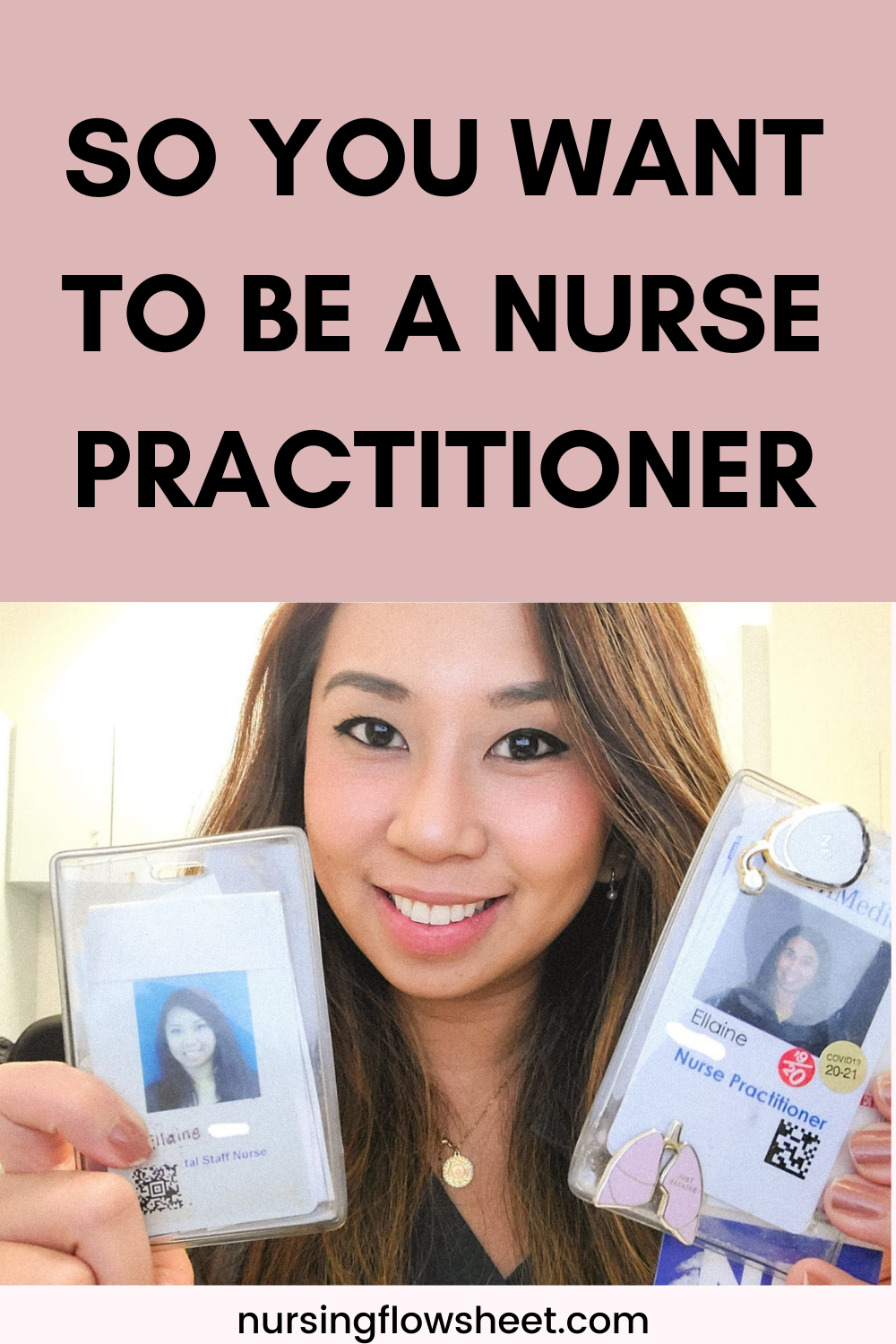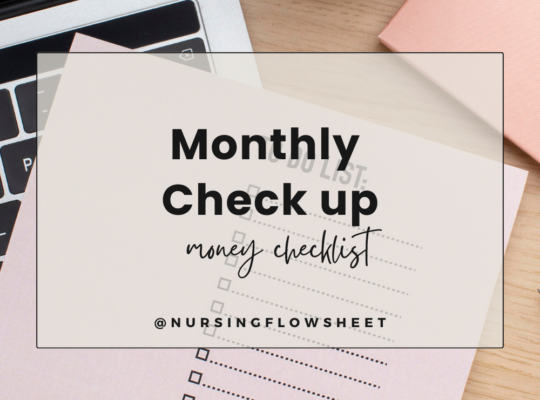In light of Nurse Practitioner week, I’d like to dedicate this post to giving information about this amazing profession.
I have been working in the nursing field for over 10 years and have been a Nurse Practitioner for over 4 years. I truly love my job and the role that I play in the healthcare profession.
So, here is a post on what you need to know about Nurse Practitioners.

What is a Nurse Practitioner
Nursing practitioners are speedily becoming the health care companion of choice for the general public in the USA. As clinicians that balance medical proficiency in diagnosing and treating medical conditions with an additional prominence on disease prevention and health management, nursing practitioners bring an inclusive viewpoint and individual influence to medical care.
A nurse practitioner shares a more significant class of health care service providers identified as advanced practice registered nurses and functions with other experts in clinical settings, research environments, and private practices such as a nursing entrepreneur.
A doctorate or master’s degree in nursing is essential for most nurse practitioner positions. One need to be certified to practice as a registered nurse in their regions and should characteristically attain accreditation from a national organization such as the American Nurses Credentialing Center and the American Association of Nurse Practitioners.
Practice, competence, and experience in nursing are also mandatory for licensure and authorization.
Nurse Practitioner Roles
A Nurse Practitioner’s roles differ subject to their specialty. For instance, an Acute Care Nurse Practitioner concentrates on temporary treatment procedures, while a pediatric nursing practitioner cares for newborns, toddlers, kids, teenagers, and young adults. A pediatric nursing practitioner focuses on child well-being and the management and inhibition of common pediatric severe infections and chronic illnesses. Despite the specialty, Nurse Practitioners have some general roles, which consist of;
- Offering primary care to patients.
- Planning and observing medical equipment
- Recording patients’ medical histories
- Operating and sustaining health care equipment
- Collaborating test findings and clinical results to patients and their families
- Carrying out initial experiments, including physical examinations and patient remarks.
How much a nurse practitioner makes?
Consistent with the U.S. Bureau of Labor Statistics, the average income for a nurse practitioner is $115,800 per annum. New York enjoys the higher end of the gamut, with an average income of $122,550 every year, while Alabama is on the lower end of the scale, with a yearly average income of $99,570. Thus, nurse practitioners earn an average salary of $114,510 annually, which is $55.05 per hour in the United States in 2020.
Remuneration may also consist of health and life insurance, tuition compensation, flexible work plans, and childcare benefits. In medical settings, nurse practitioners usually work long hours. They may be needed to carry out their responsibilities on-call or in moves that could cover nights shifts, significant holidays, and shifts during the weekends.
Persons hired by private enterprises and clinics usually work fixed programs on weekdays and at times on weekends; But, they are not typically requested to work on holidays or at other times when the organization is closed.
How to Become a Nurse Practitioner?
To become a nurse practitioner, you will be required to earn an advanced nursing degree, for instance, a Master of Science in Nursing, characterized by an emphasis on a particular population consistent with one of the nurse practitioner accreditation examinations.
Once you have finished the advanced degree, you will be required to sit for a nationally accepted nurse practitioner examination. Once you have fruitfully passed that examination, you can apply for your nursing practitioner authorization from your state Board of Nursing, such as the Florida Board of Nursing.
Working as a nurse practitioner is a worthwhile profession. Nursing is concerned with patient education, safe patient care, and appreciating where the patient is coming from so that a qualified practitioner can best deliver primary care.
Here is also a video of me answering NP FAQS






